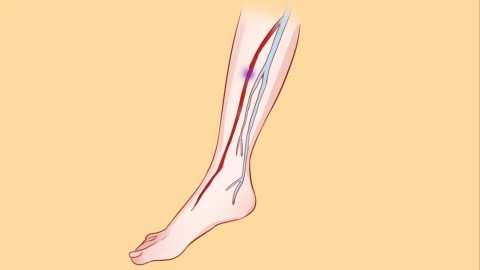Can contraceptive pills cause blood clots?
Generally, long-term use of contraceptives containing high-dose estrogen combined with existing thrombosis risk factors may lead to blood clots. However, short-term use of low-dose contraceptives with good overall health does not necessarily result in thrombosis. If you have concerns, it is recommended to consult a healthcare professional in advance. Detailed explanation is as follows:

If high-dose estrogen contraceptives are taken continuously over a long period and conditions such as obesity, smoking, or a family history of thrombosis exist, blood coagulability may increase, potentially causing symptoms like leg swelling and pain, which could lead to thrombosis.
If low-dose estrogen contraceptives are used for a short duration and there are no thrombosis risk factors such as obesity or hypertension, and no abnormal discomfort in limbs occurs, thrombosis is less likely.
During contraceptive use, monitor bodily changes, maintain moderate exercise, and avoid prolonged sitting. If symptoms such as leg pain or swelling, or shortness of breath occur, seek medical attention promptly to determine if they are related to thrombosis.





